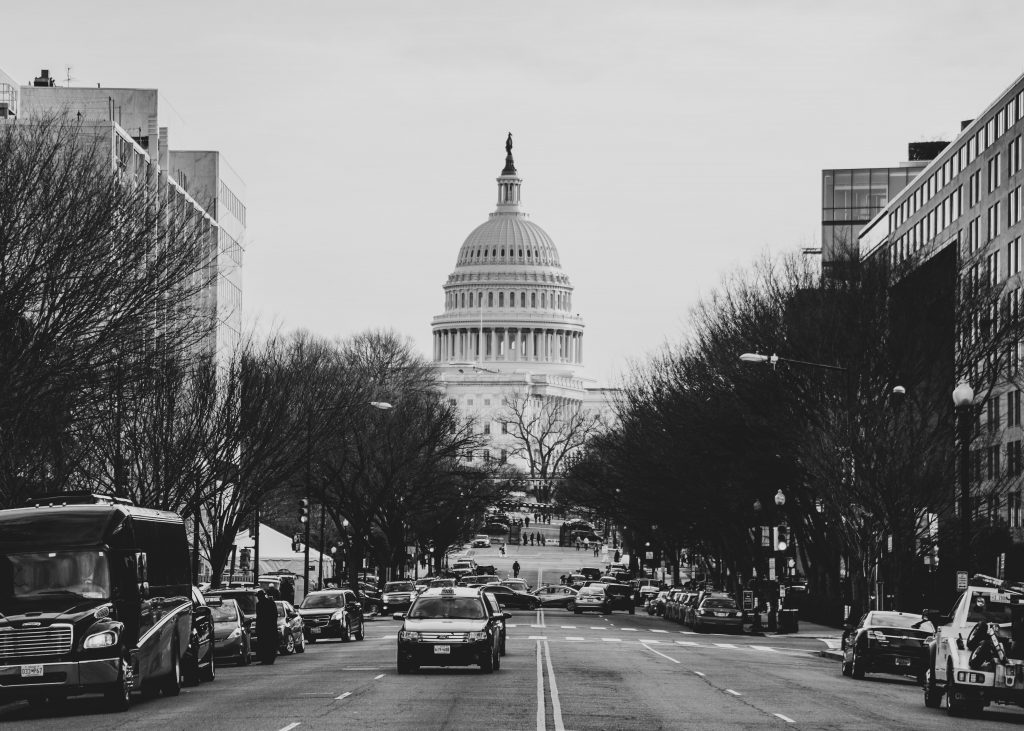Despite efforts to both include $3 billion for purchase of crude for the Strategic Petroleum Reserve (SPR) and provide support clean energy initiatives, particularly decarbonization mandates for the aviation industry, in the soon-to-be passed $2 trillion stimulus package, neither ended up in the final text. The result is a missed opportunity and a lose-lose for US energy security and leadership on climate action.
While Democrats have said they will not support a struggling oil and gas industry during a precariously low oil price environment—Senate Minority Leader Chuck Schumer (D-NY) called funding for purchases to fill the SPR a “$3 billion bailout for big oil”—the SPR has direct benefits to the US consumer, and actually provides a mechanism to limit oil price spikes (and therefore oil company profits). The government was trying to do the smart thing and buy oil at a low price to sell at a higher price during the next inevitable oil price spike. This is a loss for the US taxpayer and makes the US less energy secure.
At the same time, the impending recession poses risks to clean energy investment because there will be less capital available for new projects and clean energy will be competing with hydrocarbons at near all-time low prices. The Coronavirus pandemic highlights the need for long-term thinking and preparedness across a range of issues, including the climate crisis. The stimulus provided an opportunity to address the urgent needs of the US economy and US workers while also addressing the climate crisis and supporting a clean energy future, and Democrats were clamoring to include clean support in the bill. For aviation in particular, the Senate-passed bill makes no requirements for emissions reduction or offsets in the $25 billion in loans to the airlines—despite efforts from Democrats to include this stipulation.
There is rumor that the SPR purchase and clean energy investment could be part of the next phase of stimulus. What remains to be seen is if the Democrats’ framing of SPR funding as a “bailout for big oil” will make it even more politically challenging to come up with a compromise between oil purchases and clean energy support, or if, on the other hand, it will enable the Democrats to extract greater concessions on clean energy from the Republicans. We can hope for the latter. Otherwise, with the current standoff, no one wins.
Randolph Bell is director and Richard Morningstar chair for global energy security at the Atlantic Council Global Energy Center.
Image: The United States Capitol. Unsplash/Chris Grafton

